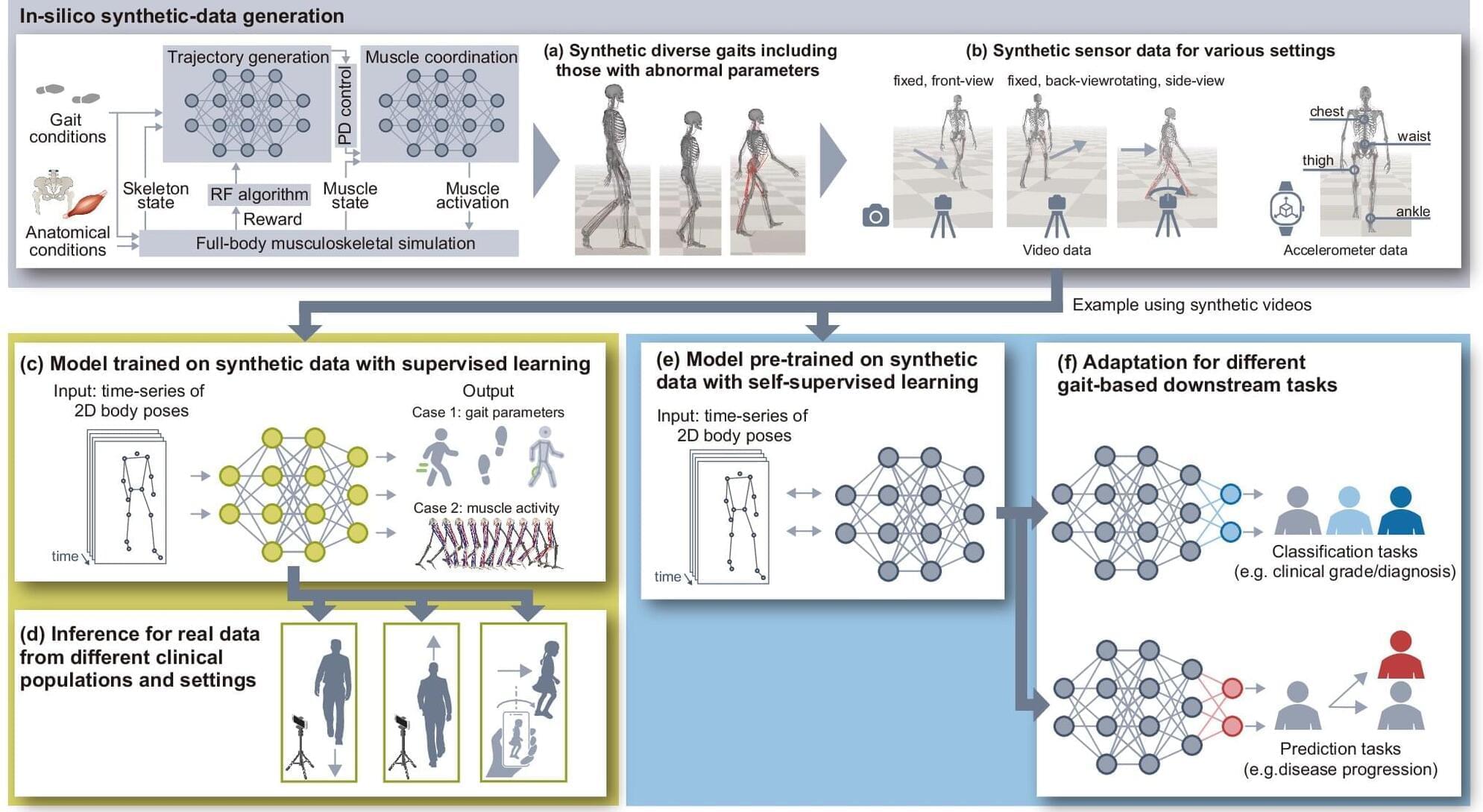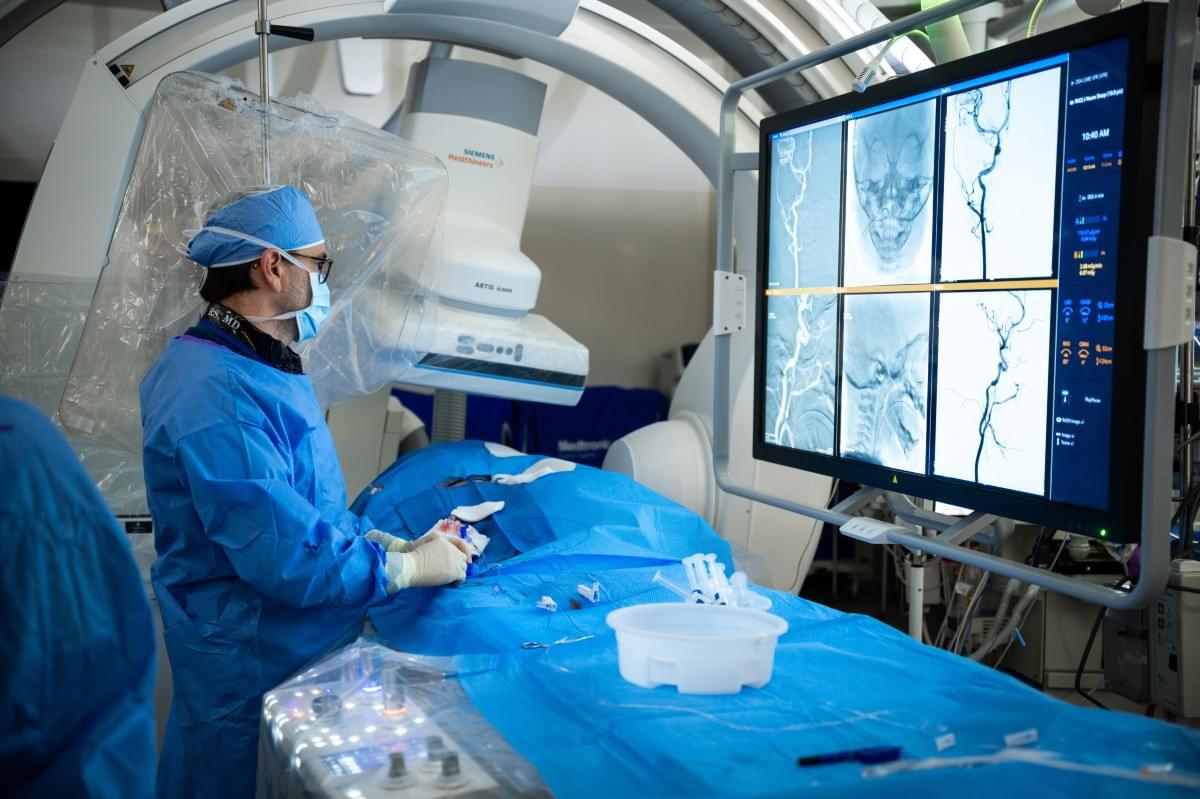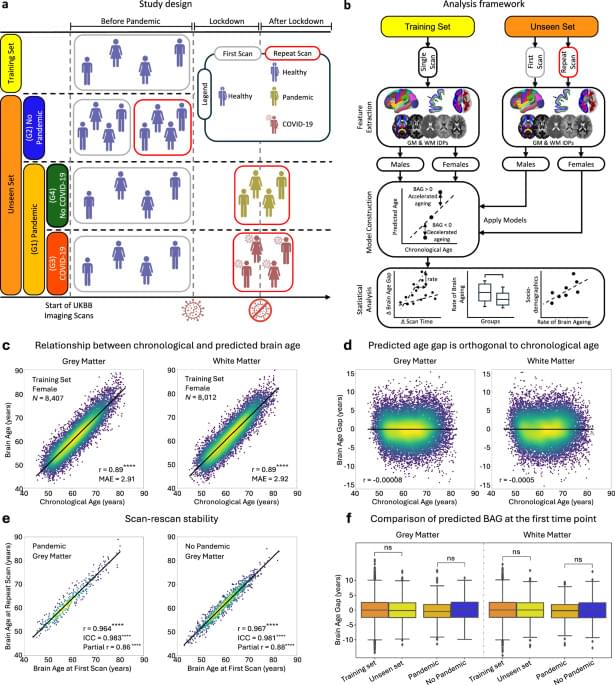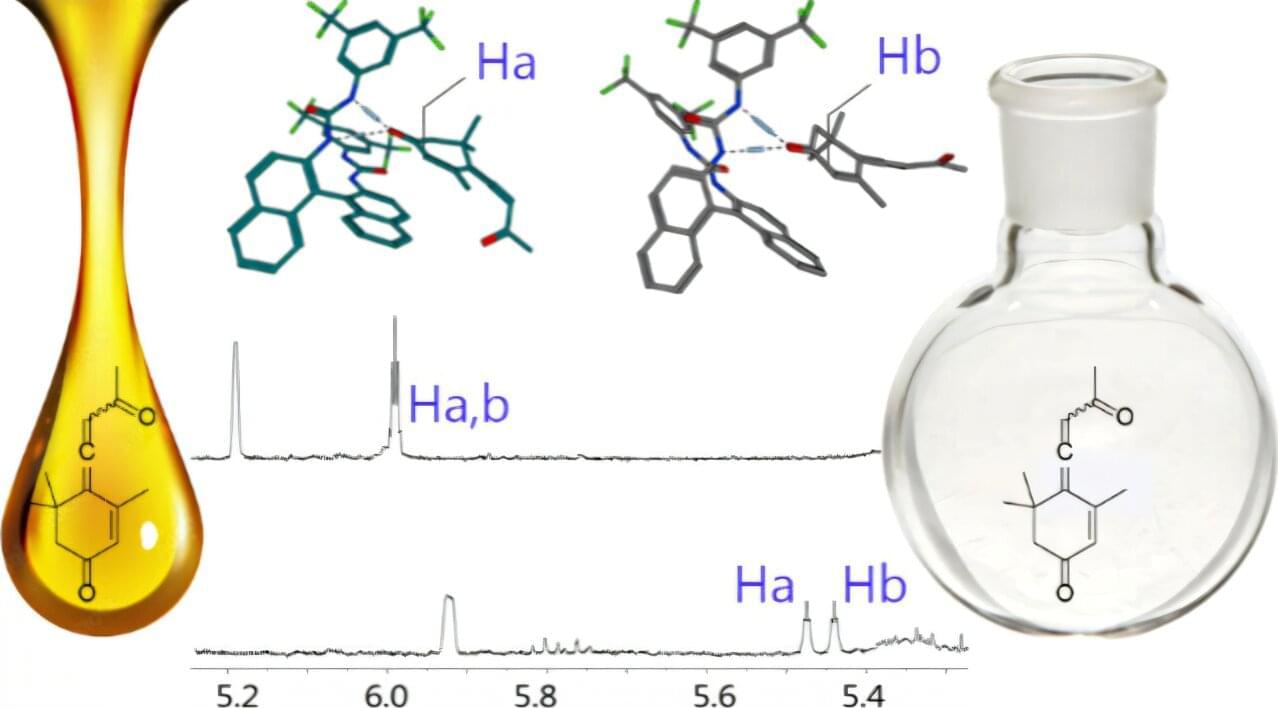Chinese researchers from Beijing and Recent studies have found that irregular sleep increases the risk of developing 172 diseases.



Background: Extramammary Paget’s disease (EMPD) is a rare intraepithelial adenocarcinoma that occurs in the genitals, axilla, and anus, where apocrine sweat glands are abundant. This disease is mainly characterized by localized lesions and rare distant metastasis. Scrotal Paget’s disease is a rare type of EMPD, and there is no standard treatment for metastatic EMPD.
Case Description: Here, we reported the genetic results of a patient with a PIK3CA gene mutation in scrotal Paget’s disease who developed multiple metastases to the lymph nodes, liver, and bones during adjuvant radiotherapy, as well as the results of treatment with a PIK3CA inhibitor. The latest advances in this field were also summarized. The treatment response was evaluated as stable disease (SD) after 6 courses of docetaxel plus tegafur (DS regimen) chemotherapy. Then, a second-line treatment, a PIK3CA inhibitor, WX390, was administered with tolerable toxicity. There was a treatment-induced increase in blood glucose level during treatment, and insulin was administrated with good control. The progression-free survival (PFS) was 3.9 months and the overall survival (OS) was 16 months.
Conclusions: PIK3CA is a commonly mutated gene in EMPD. To the best of our knowledge, this is the first case report of a PIK3CA inhibitor for the treatment of primary metastatic EMPD, and the treatment efficacy was good. PIK3CA inhibitors may be promising for the treatment of metastatic EMPD in the future.

Gait assessment is critical for diagnosing and monitoring neurological disorders, yet current clinical standards remain largely subjective and qualitative. Recent advances in AI have enabled more quantitative and accessible gait analysis using widely available sensors such as smartphone cameras.
However, most existing AI models are designed for specific patient populations and sensor configurations, primarily due to the scarcity of diverse clinical datasets—a constraint often driven by privacy concerns. As a result, these models tend to underperform when applied to populations or settings not well represented in the training data, limiting their broader clinical applicability.
In a study published in Nature Communications, researchers from IBM Research, the Cleveland Clinic, and the University of Tsukuba propose a novel framework to overcome this limitation. Their approach involves generating synthetic gait data using generative AI trained on physics-based musculoskeletal simulations.


The cancer drugs called PARP inhibitors have a puzzling reputation: even though they are treatment mainstays for multiple forms of cancer, they can damage cancer-killing T cells and disrupt the potential for meaningful therapy. New research from medical scientists in China is revealing ways to sidestep this obstacle by preventing PARP-induced collateral damage to T cells.
A multi-disciplinary team of researchers in Wuhan, working at several collaborating institutions, developed methods to prevent damage and showed that doing so increases the drugs’ efficacy against ovarian tumors and may help expand PARP inhibitors’ overall use. The PARP inhibitor drug family consists of slightly more than half a dozen medications, and the same problems appear consistent in all of them, say investigators participating in the study at Tongji Hospital, Tongji Medical College and Huazhong University of Science and Technology.
Writing in the journal Science Translational Medicine, the Wuhan-based researchers explain that PARP inhibitors have become standard treatments for epithelial ovarian cancer, the most lethal gynecologic cancer. However, PARP inhibitors often can’t eliminate tumors on their own. Doctors have attempted to combine PARP medication with immunotherapies, such as immune checkpoint inhibitors, but results have been mixed, creating yet another obstacle in the PARP treatment saga.

Discover the world’s best science and medicine | Nature.com

“It’s not a true aspiration catheter, but it can work,” says Sillero. “We have to be careful because the groin is very small at this age — you have to really think outside the box.”
Neurosurgical procedures are especially challenging when operating on kids under two, he explains, partly because medical supply companies don’t make miniature versions of devices such as catheters, since paediatric stroke and aneurysm (a bulge in a blood vessel) are so rare.
Sillero has overcome such challenges not only through improvisation, but thanks to Children’s Health’s innovative model for diagnosis and treatment, which encourages close collaboration between different specialists.


Researchers at the University of Chemistry and Technology, Prague have successfully developed a method to chemically synthesize callunene, a natural compound that protects bumblebees from a deadly gut parasite. In a recent discovery, the team also determined that the naturally occurring compound is a 50/50 mixture of its mirror-image forms, meaning the synthetic version can be used directly to safeguard vital pollinator colonies.
The study, published in the Journal of Natural Products, addresses the threat posed by the parasite Crithidia bombi. This protozoan infects bumblebees, impairing their ability to find nectar-rich flowers, which ultimately leads to starvation, reduced colony fitness, and death. The problem is especially acute in commercial indoor farming operations that rely on healthy pollinator colonies. Not only because of the farming effectiveness, but also because parasites might be spread from indoor pollinators to wild colonies.
Nature provides a defense in the form of callunene, a compound found in the nectar of heather (Calluna vulgaris). Bumblebees that forage on heather are prophylactically protected from Crithidia infection. However, the loss of heathland habitats and the difficulty of isolating the compound from natural sources have made this solution impractical on a large scale.

New research published in Proceedings of the National Academy of Sciences (PNAS) finds that prolonged and/or repeated exposure to gamma-aminobutyric acid (GABA) anesthetic agents (sevoflurane, propofol) for infants in the first two months of life resulted in an accelerated maturation of brain electrical activity patterns evoked by visual stimuli when recorded at 2–5 months of age, compared to infants who did not have early general anesthesia exposure.
These findings may suggest the use of non-GABA-active anesthetics for the newborn age-range. To address such concerns, a large multicenter clinical trial (called TREX) is currently in progress using a combination of anesthetic agents in order to minimize exposure to GABA-active anesthetics.
The paper is the fourth in a series emerging from a prospective longitudinal study known as the General Anesthesia and Brain Activity (GABA) Study, led by researchers at Boston Children’s Hospital and Northeastern University.